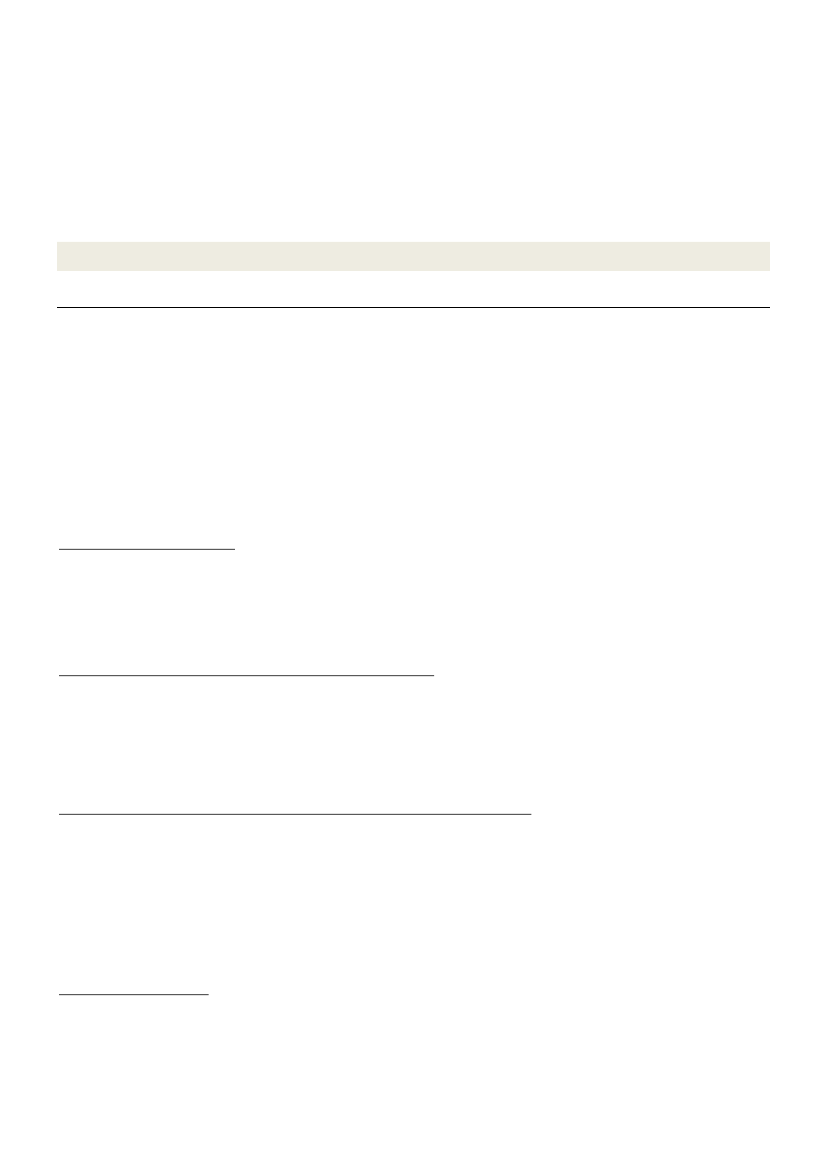
Sundhedsministeriet
Enhed: MEDINT
Sagsbeh.: SUMKGE
Koordineret med:
Sagsnr.: 2108391
Dok. nr.: 1753956
Dato: 22-05-2021
Danish priorities in the work of the WHO Executive Board
Overall Danish priorities
Denmark strongly supports international cooperation on global health and the leading role of The World Health Organization
(WHO), as the
U ited Natio s’ spe ialized age y for health.
As a Member of the Executive Board Denmark will work to sup-
port the continued development of WHO´s work across its six core functions and to emphasize in particular WHO´s normative
role as a key pillar in the global health infrastructure.
The WHO plays a central role in achieving the
U ited Natio s’ Sustainable
Development Goals. Denmark prioritizes the imple-
mentation of the 13th General Programme of Work (GPW13) and achieving its triple billion goals with particular emphasis on
universal health coverage, reducing health inequalities, strengthening public health, and ensuring people-centered healthcare
systems that are universal, equitable, sustainable, of high quality, and safe.
1. Strengthening of WHO
The normative role of the WHO
For WHO to maintain a strong position, the organization must continuously strive to uphold its legitimacy and relevance. This
calls for a clear emphasis on the core mandate. The normative role of WHO serves as the cornerstone of this mandate, and
provides a solid foundation for the development of sustainable health systems in Member States. A key aspect of the norma-
tive work of WHO is effort to counter infodemics and false and misleading information. Denmark strongly supports WHO in
working in a science-based manner and disseminating science-based facts and knowledge.
Ce e ti g the WHO’s
leading role in the global health architecture
The global health architecture continues to suffer from fragmentation. This hinders an effective and coherent global response
to health challenges and thus the attaining of the UN Sustainable Development Goals. Denmark supports a strengthening of the
WHO´s leading role in a strong and coordinated global health infrastructure. Denmark supports the continued efforts to ensure
an efficient, accountable and inclusive WHO able to strengthen its normative and technical functions and address the increas-
ingly complex challenges of global health. This should be done in close cooperation with all relevant partners, including with
international organizations, non-state actors and through increased coordination with the rest of the UN system
Strengthening preparedness and response mechanisms in global health emergencies
The COVID-19 pandemic has demonstrated that the world and the WHO were not sufficiently prepared for a global pandemic.
The WHO was not provided with the necessary capacity and resources to respond to and prevent a global health emergency,
such as COVID-19. At the same time, however, the pandemic has created political momentum to work for a strengthened
WHO and further multilateral cooperation on health security and health emergencies. WHO is a vital leading partner in the
global preparedness and response to health emergencies, and timely and focused preparedness and response to health emer-
gencies. In this regard, Denmark strongly supports the ongoing work of ensuring an inclusive, ambitious process of strengthen-
ing the WHO with broad global support and strengthened global cooperation on health security and learning from the COVID-
19 pandemic.
Full implementation of IHR
Another important part of strengthening global pandemic preparedness and response capacity is national compliance with the
International Health Regulations (IHR 2005), including national responsibility for sharing information and data in a timely,
transparent and evidence-based manner both between Member States and with the WHO.